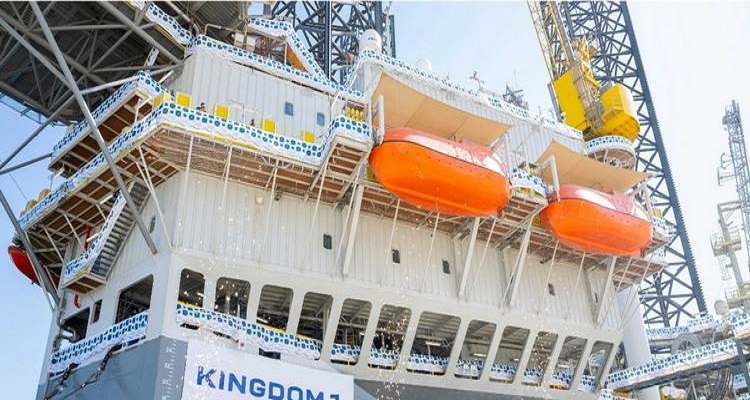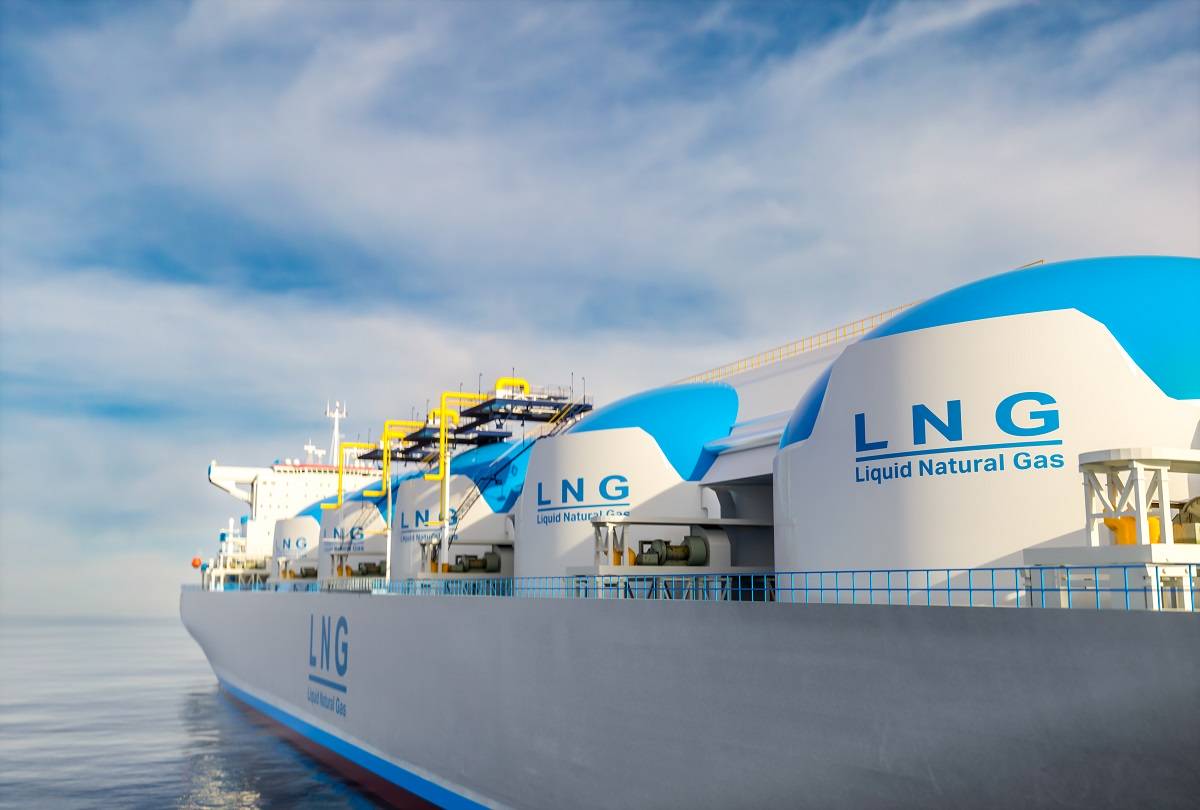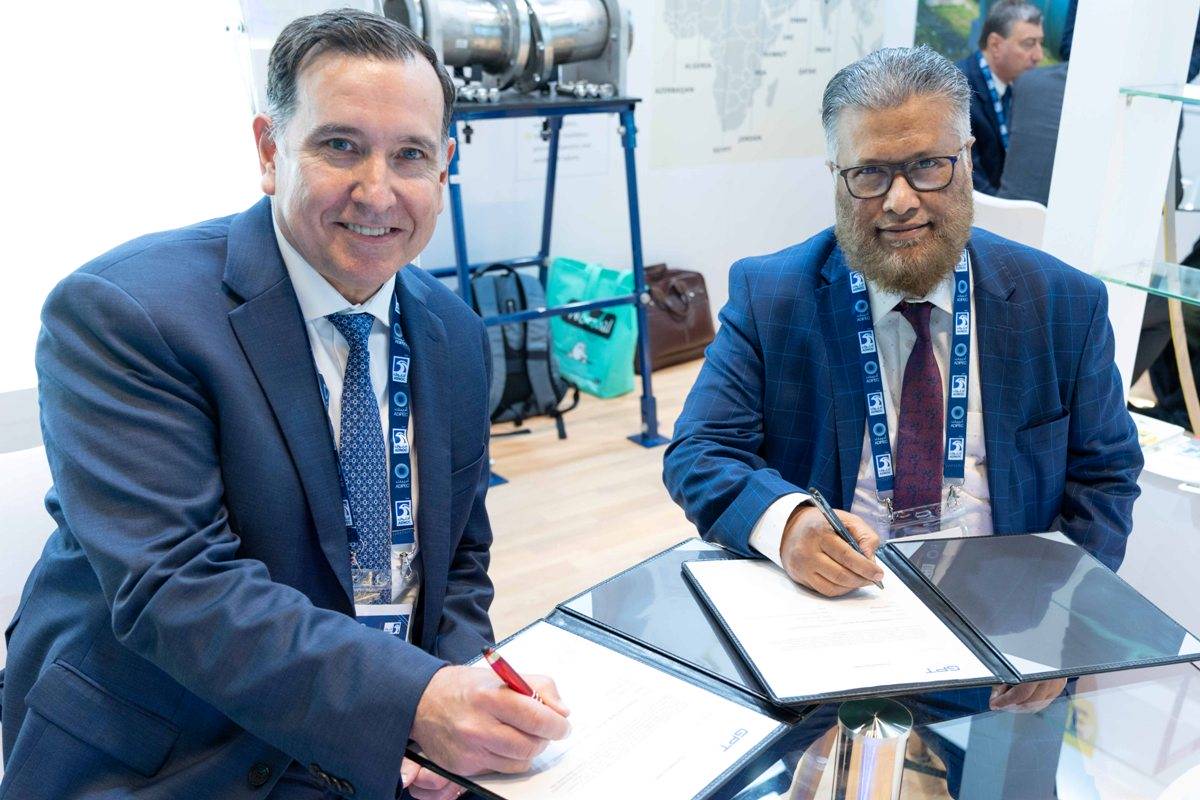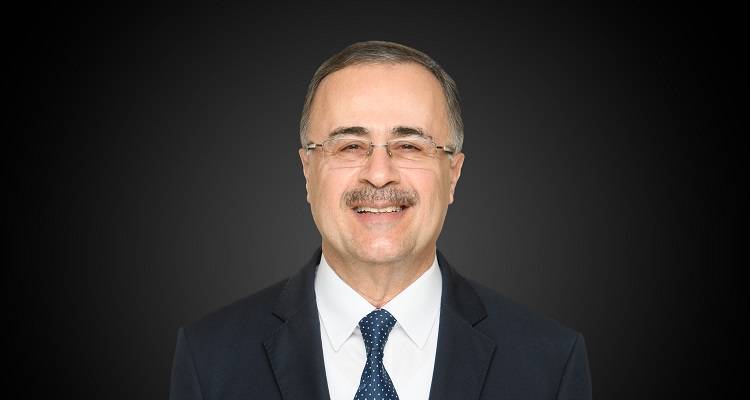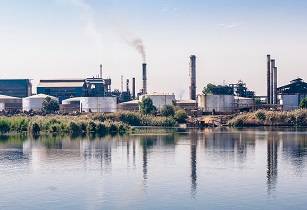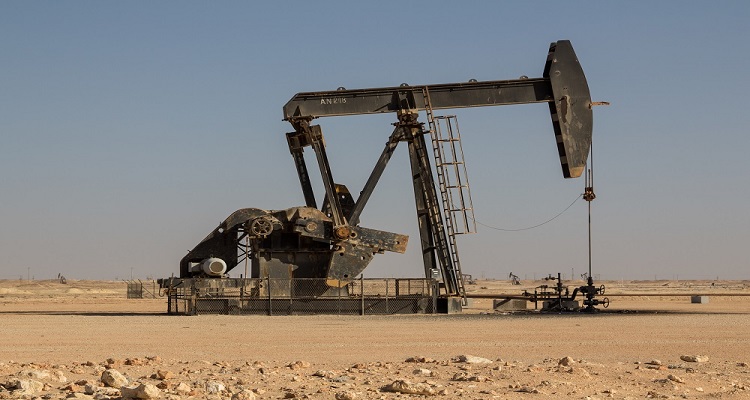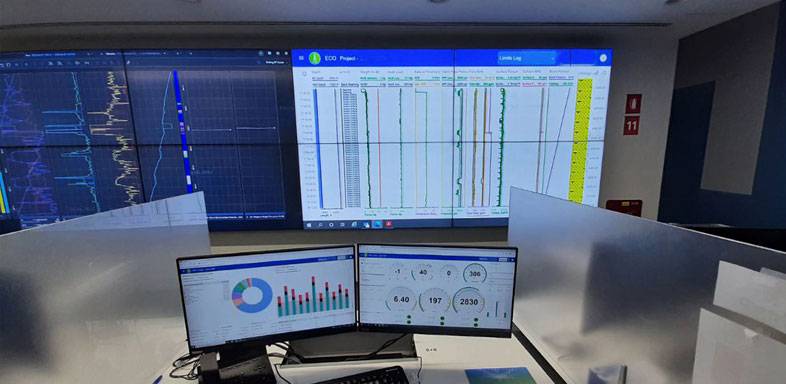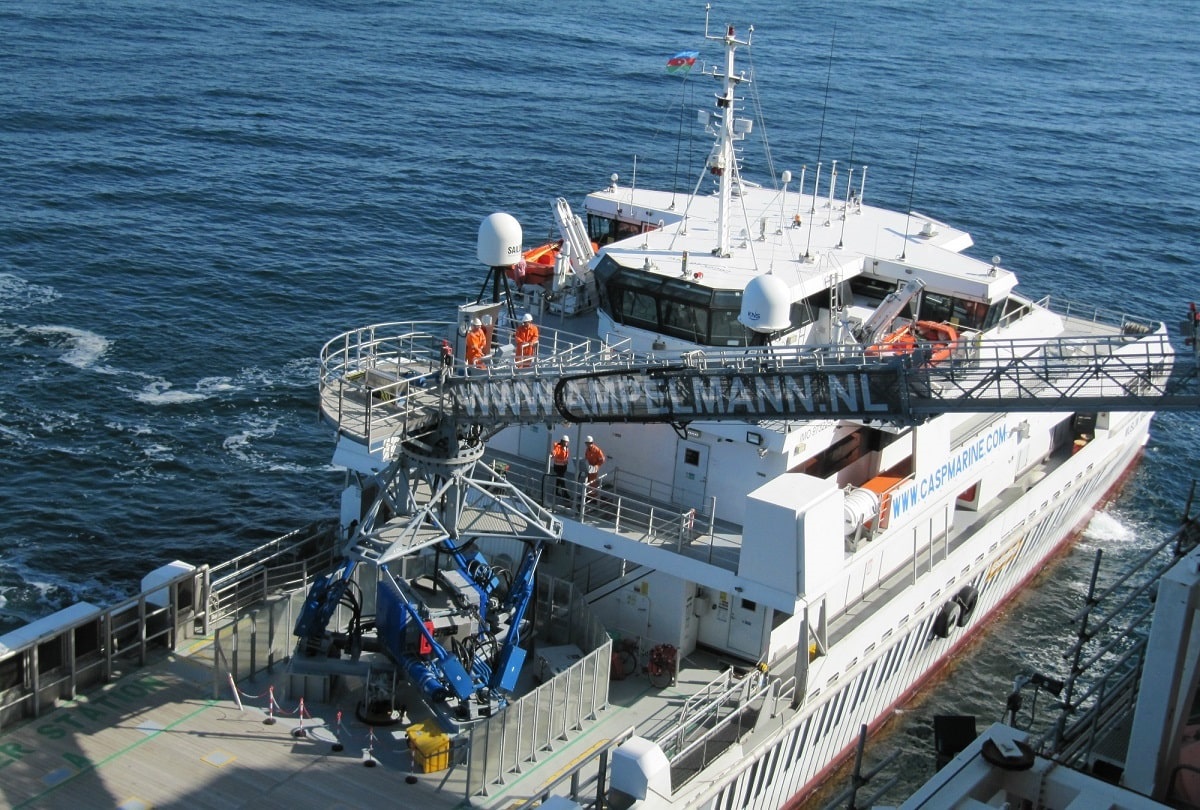Algerias liquefied natural gas (LNG) output has fallen to about half of the countrys installed capacity after sweeping leadership changes at the state petroleum company Sonatrach brought on by a government corruption investigation.
Such low LNG production levels are highly unusual at a time when European utilities would normally be building up their gas inventories in preparation for the northern hemisphere's winter heating season.
They may indicate mounting problems with Sonatrach's gas production and pipeline system, exacerbated by a poorly timed shift in marketing strategy, suggest the energy analysts Samuel Ciszuk and Zoe Grainge at IHS Global Insight.
According to separate studies by HIS and the US consultancy Waterborne Data Service, Algerian LNG output fell to about 40.6 billion cubic feet last month, compared with production capacity of about 81 billion cubic feet per month, after several months of steep declines.
"While traditionally lower summer season demand in the northern hemisphere sees many LNG producers scheduling maintenance in the second and third quarters, the traditional window generally closes by September," the IHS analysts said in a research note.
"The utilisation rate has rarely fallen below 65 per cent," they said.
Other reports suggest Algeria is failing to take advantage of a recent rise in Asian spot prices for LNG but is instead sticking to a "strategy" of shifting its gas sales to long-term contracts indexed to oil prices.
"We are not selling in the spot market," Ali Hached, an adviser to the new Algerian energy minister, Youcef Yousfi, recently told an international gas and electricity conference in Paris, according to the gas industry newsletter World Gas Intelligence.
Mr Hached defended oil-price indexation for gas contracts, which is increasingly resisted by European buyers, calling it "the key to stability and security of supply."
That contrasts with Algeria's decision in 2008, under its previous energy minister, Chakib Khelil, not to renew any of its long-term contracts but instead to opt for short-term deals that cashed in on near-record global LNG spot prices.










